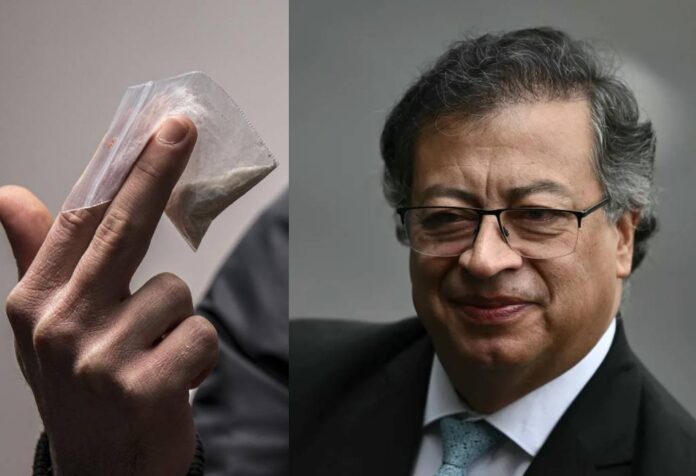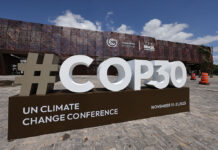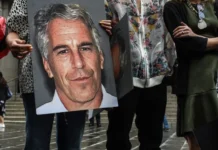Colombian President Gustavo Petro claimed that “cocaine is no worse than whiskey” and proposed that the global cocaine industry could be “easily dismantled” through legalization.
This statement came during a six-hour live ministerial meeting on Tuesday, where Petro articulated his views on drug trafficking and the need for a new approach to combat the issue.
Colombia, the world’s leading producer and exporter of cocaine, has long battled drug trafficking, particularly to the United States and Europe.
Recently, however, cocaine production in Colombia has surged, with a 10% increase in coca leaf cultivation recorded in 2023 and a staggering 53% rise in potential cocaine production, surpassing 2,600 metric tons, according to the United Nations Office on Drugs and Crime.
Petro asserted, “Cocaine is illegal because it is made in Latin America, not because it is worse than whiskey.” His remarks prompted discussions about the potential for regulating cocaine use in a manner similar to alcohol.
“If you want peace, you have to dismantle the business of drug trafficking,” he emphasized, adding that a global legalization of cocaine could transform its market from illicit to legitimate, suggesting it could be sold like wine.
Highlighting the complexities of the drug issue, Petro pointed to fentanyl, a synthetic opioid that has significantly contributed to the opioid crisis in the United States.
“Fentanyl was created as a pharmacy drug by North American multinationals,” he stated, emphasizing that the lethal epidemic linked to fentanyl is not a product of Colombian manufacturing.
Petro’s comments come on the heels of a diplomatic standoff with former President Donald Trump, during which Colombia faced backlash for blocking two U.S. military flights carrying deported migrants—an act that drew accusations from Petro about the mistreatment of Colombian migrants.
Following intense negotiations, Colombia agreed to accept the deportees, deploying its own planes for their return as it sought to alleviate tensions with the U.S.
Colombia has historically been a key ally of the United States in anti-drug efforts, maintaining a close partnership over the years. However, as the cocaine trade complicates the relationship, Petro’s calls for a reassessment of drug policies could signify a shift in how Colombia and its allies approach the ongoing drug crisis.
Cocaine remains the fourth most consumed drug globally, according to UN data, and while illegal in most parts of the world, some jurisdictions have decriminalized the possession of small amounts.
The National Institute on Drug Abuse highlights the severe health issues associated with cocaine, including cocaine use disorder and overdose, compounded by the dangerous trend of adulteration with fentanyl, which has contributed to rising overdose deaths.



















